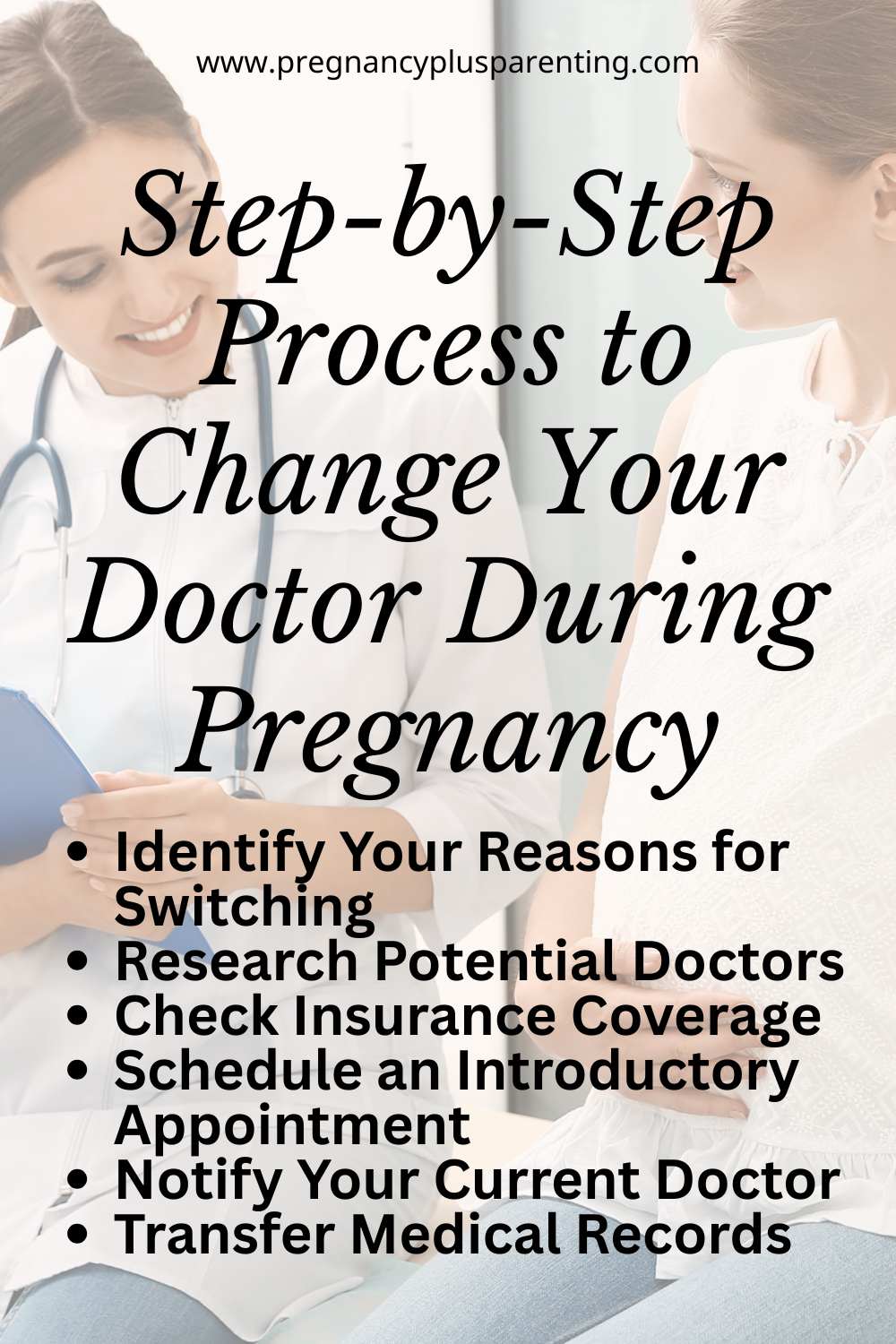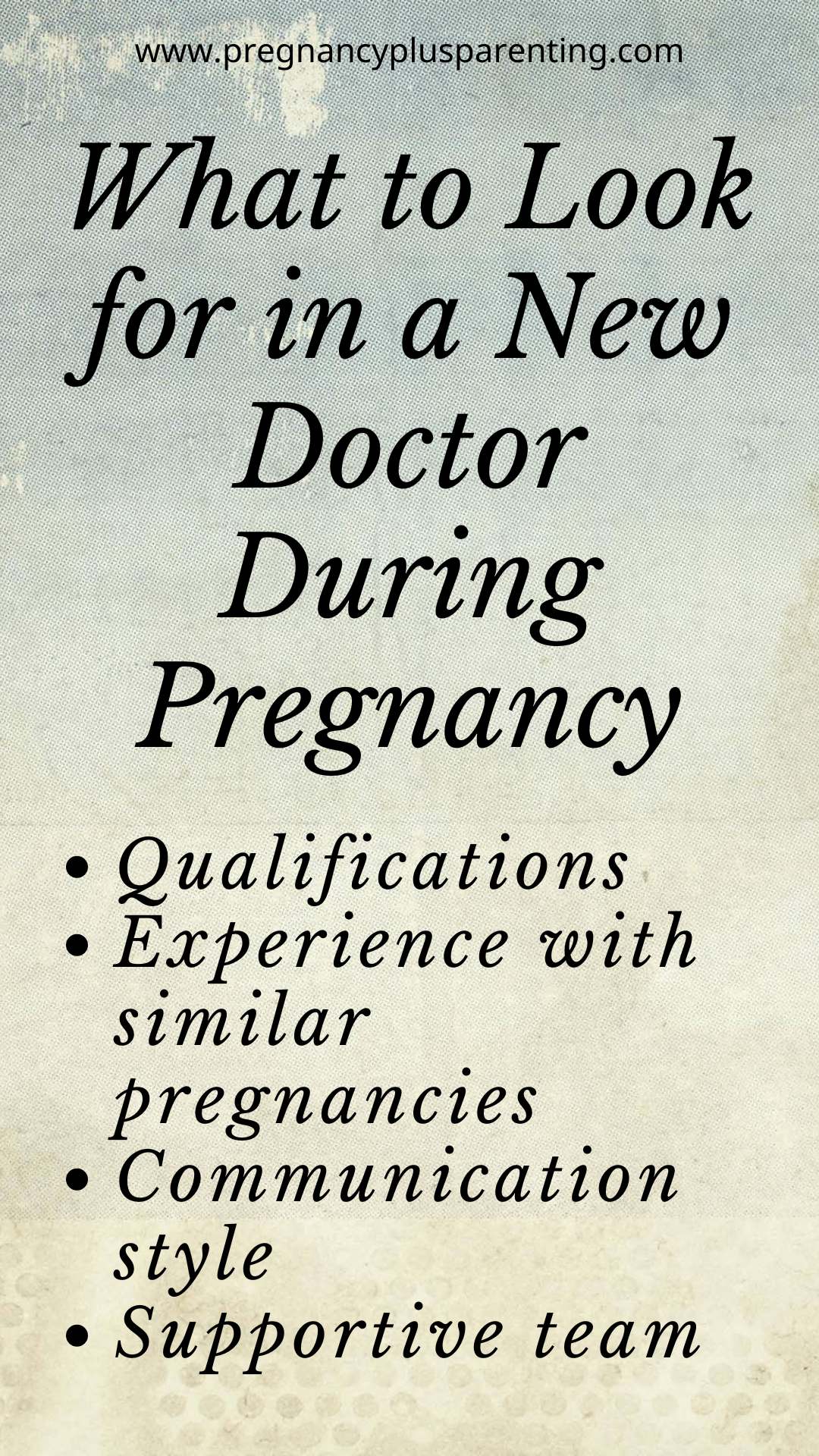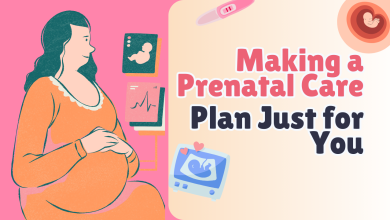Expert Guide: How to Change Your Doctor during Pregnancy
Choosing the right doctor during pregnancy is one of the most crucial decisions for expecting mothers. Sometimes, circumstances may require a change in healthcare providers, whether due to dissatisfaction, relocation, or the need for specialized care. Here’s a detailed, step-by-step guide to help you navigate the process of changing your doctor during pregnancy seamlessly.
Navigating the complexities of pregnancy often requires a strong support system, including the right healthcare provider. However, not every expectant mother feels completely satisfied with her initial choice of doctor, and switching becomes a necessity. Whether it’s about ensuring better care, a more compatible relationship, or addressing unforeseen changes, the process of changing your doctor during pregnancy can be smooth if handled correctly. This detailed guide walks you through every aspect to ensure a seamless transition.
Why Changing Your Doctor May Be Necessary
There are various reasons why pregnant women decide to switch their healthcare provider. These can include:
- Lack of trust or communication issues: Feeling unheard or misunderstood can lead to dissatisfaction.
- Relocation: Moving to a new city or neighborhood may require finding a doctor closer to your new location.
- Specialized care needs: High-risk pregnancies often require a specialist like a maternal-fetal medicine doctor.
- Comfort and compatibility: It’s important to feel comfortable and supported during such a pivotal time in your life.
When is the Best Time to Change Your Doctor During Pregnancy?
Although it’s generally better to make this decision early, you can change your doctor at any stage of pregnancy. However, switching during the first or second trimester is usually easier, as this allows the new doctor to oversee a significant portion of your prenatal care. If you decide to switch during the third trimester, ensure a seamless handover of your medical records to avoid interruptions in care.

Step-by-Step Process to Change Your Doctor During Pregnancy
1. Identify Your Reasons for Switching
Start by clearly defining why you want to change your doctor. This will help you select a new provider who better meets your needs. For example:
- Are you seeking more personalized care?
- Do you need a provider with expertise in a particular area?
2. Research Potential Doctors
Take time to explore your options for a new healthcare provider. Consider:
- Credentials and specializations: Verify the doctor’s qualifications, experience, and expertise.
- Hospital affiliations: Ensure the doctor has privileges at your preferred delivery hospital.
- Location and availability: Proximity to your home and flexible appointment times can be critical factors.
- Patient reviews: Check online reviews and testimonials for insights into the doctor’s approach and quality of care.
3. Check Insurance Coverage
Contact your health insurance provider to confirm that the new doctor is within your network. Changing doctors outside your plan could result in higher out-of-pocket expenses. Ensure the new provider accepts your insurance plan and inquire about any additional costs.
4. Schedule an Introductory Appointment
Before committing, consider scheduling a consultation with the potential new doctor. Use this meeting to:
- Discuss your medical history and current pregnancy status.
- Share your concerns and expectations.
- Evaluate the doctor’s approach, communication style, and facilities.
5. Notify Your Current Doctor
While it may feel uncomfortable, informing your current doctor about your decision to switch is a professional courtesy. Request your medical records for a smooth transition. Be sure to:
- Provide written consent for transferring records.
- Specify the new doctor’s details for seamless communication.
6. Transfer Medical Records
Ensure that all necessary medical information, including test results and prenatal care notes, are sent to your new doctor promptly. This step is crucial for continuity of care, especially in high-risk pregnancies.

What to Look for in a New Doctor
When selecting a new healthcare provider, prioritize the following aspects:
- Qualifications: Board-certified obstetricians or family practitioners with a strong reputation.
- Experience with similar pregnancies: If you have a high-risk pregnancy or specific health conditions, ensure the doctor has relevant expertise.
- Communication style: Look for someone who listens attentively and respects your preferences.
- Supportive team: A well-organized office with supportive staff and accessible prenatal classes can enhance your experience.
Common Challenges and How to Overcome Them
Switching doctors during pregnancy isn’t always straightforward. Here are some common obstacles and solutions:
- Delays in transferring medical records: Follow up persistently with your current provider to ensure timely transfer of records.
- Limited availability of new doctors: Plan ahead and secure an appointment with your preferred provider as early as possible.
- Insurance network restrictions: Contact your insurance company for a list of approved providers and clarify coverage details.
How to Communicate Your Decision
When informing your current doctor of your decision, approach the conversation professionally. Consider these tips:
- Be honest but tactful: Clearly state your reasons for switching without being confrontational.
- Express gratitude: Acknowledge the care you’ve received thus far.
- Request cooperation: Politely ask for a prompt transfer of records to avoid any gaps in care.
Benefits of Finding the Right Doctor
Choosing a healthcare provider who aligns with your needs can enhance your pregnancy experience in several ways:
- Improved emotional well-being: Feeling understood and supported can reduce stress.
- Better care outcomes: A competent and compassionate doctor can significantly impact your pregnancy journey and delivery experience.
- Stronger trust: A positive doctor-patient relationship fosters confidence and peace of mind.
Final Thoughts
Switching doctors during pregnancy may seem daunting, but with the right approach, it can lead to improved care and a more positive experience. Take the time to research, communicate openly, and prioritize your comfort and health. Remember, the ultimate goal is to ensure a safe and happy pregnancy for both you and your baby.
Changing your doctor during pregnancy may feel overwhelming, but it’s often the right decision for ensuring a safe and satisfying experience. By following this guide, you can navigate the process confidently and secure the care you and your baby deserve. Remember, your health and peace of mind should always come first.






